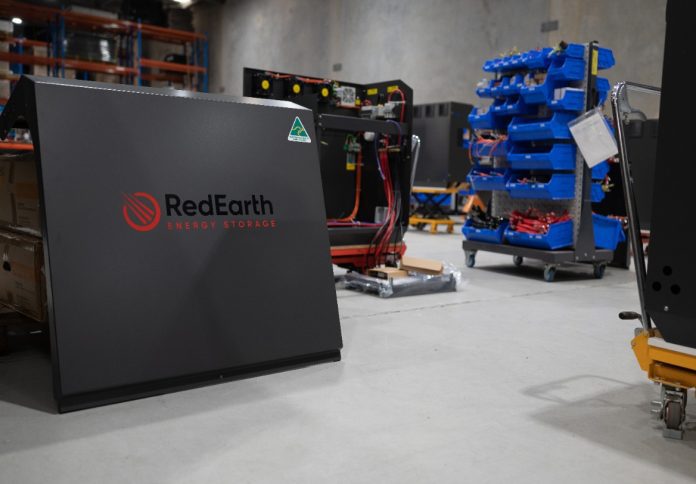
China’s Nebula Electronics Co, Germany’s ambibox, and Australian company Red Earth Energy Storage have announced a global partnership to jointly develop what they claim is the world’s first residential “Microgrid-in-a-Box” (MIB) – a compact, all-in-one system that integrates solar generation, battery storage, and bidirectional electric vehicle (EV) charging.
The MIB is being positioned as a new category of home energy solution designed to enhance local renewable energy use, reduce household energy costs, and contribute to grid stability, Red Earth said in a news release.
The partnership brings together expertise from Asia, Europe, and Oceania, with the goal of creating a scalable and commercially viable energy management system for homes.
According to Red Earth Energy Storage, the product combines both Vehicle-to-Home (V2H) and Vehicle-to-Grid (V2G) capabilities, enabling households to use their EVs as mobile batteries and participate in energy trading schemes.
The system is expected to reduce home energy costs by up to 60 per cent, with potential for households to earn additional income through grid services.
“The partnership with ambibox and Nebula Electronics will deliver new opportunities for households to realise their potential to be truly energy independent,” said Marc Sheldon, CEO of Red Earth Energy Storage.
“Using their electric vehicle as a battery means they can use the energy on their vehicles to power their home instead of relying solely on a home battery or grid electricity.”
Red Earth will lead deployment efforts across Australia and New Zealand, drawing on its experience with off-grid energy systems and cloud-based control platforms.
ambibox GmbH, based in Germany, will provide power electronics and energy management technology. The company said its technology has already been tested in over 200 commercial V2G pilot projects in Sweden.
“ambibox has been working on the Microgrid-in-Box for almost a decade,” said Manfred Przybilla, CEO of ambibox. “With EVs that are V2G ready to be used as a battery on wheels, we are ready to deploy the technology into the markets.”
China’s Nebula Electronics will oversee integration and mass production of the power electronics and battery systems.
“This is more than a technical alliance—it’s a cross-cultural, cross-market innovation model,” said a project lead at Nebula Electronics.
“This groundbreaking partnership not only ushers in a new era of commercial V2G applications but also offers critical support for global energy transition and carbon neutrality goals.”
The companies said the MIB concept reflects a shift towards decentralised energy systems that prioritise local generation, storage, and intelligent load management. While the MIB is being marketed as the world’s first of its kind, that claim has not been independently verified.
The first batch of the jointly developed product is scheduled to launch in 2026 across China, Europe, and Australia/New Zealand, with further global rollout under consideration.




















